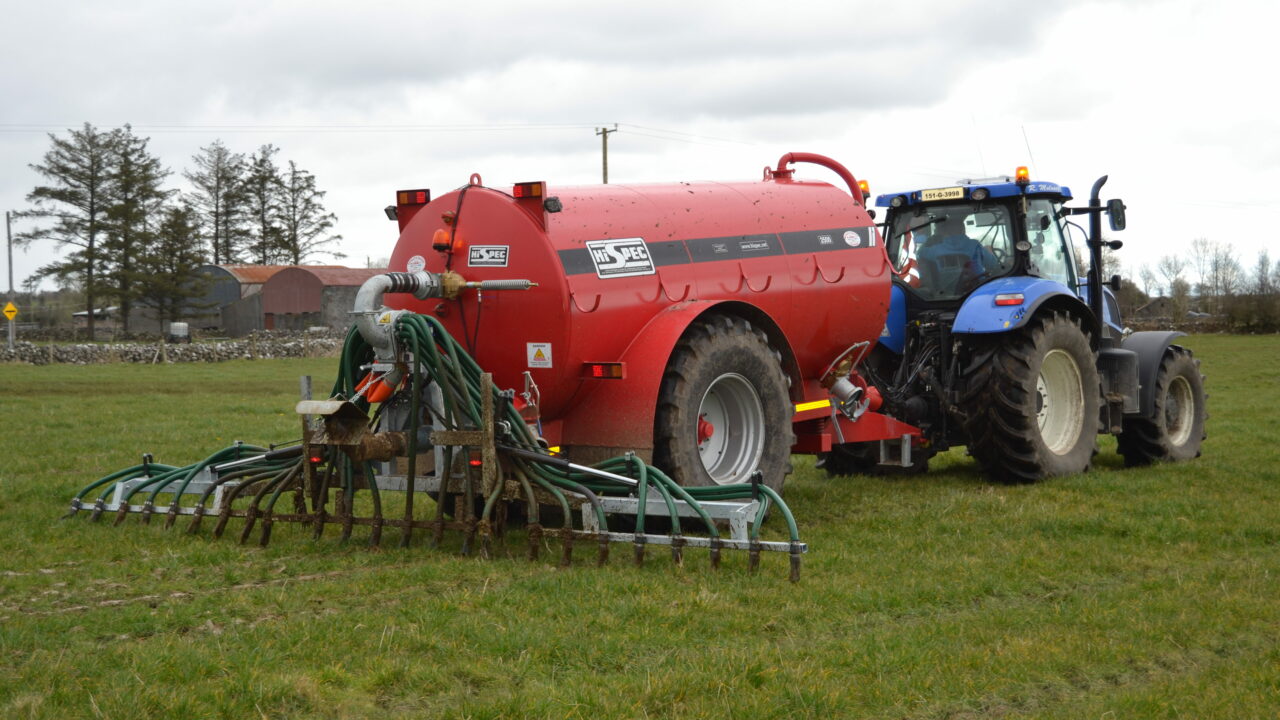An Independent MLA has called for “greater flexibility and fairness” in how slurry spreading regulations are applied in Northern Ireland.
Claire Sugden said that a “common sense approach” is needed and warned that “rigid calendar-based rules are failing both farmers and the environment”.
Slurry spreading season in Northern Ireland came to a close on October 15, 2025.
Slurry
Clare Sugden has submitted a series of Assembly questions to the Minister of Agriculture, Environment and Rural Affairs Andrew Muir on the matter.
The MLA has asked how the Department of Agriculture, Environment and Rural Affairs (DAERA) will ensure that slurry spreading rules remain appropriate in light of changing weather patterns, and whether they are actually effective in improving water quality.
She said that “farmers are being asked to follow regulations that do not always reflect reality on the ground”.
“After months of heavy rain, fields across Northern Ireland are saturated. For many farmers, it simply has not been possible to spread slurry safely before the closed period begins.
“Yet if they miss the deadline, they face penalties, even if conditions improve just days later,” she said.
Weather
The East Londonderry MLA said this year’s weather has shown “the need for a more flexible, evidence-based approach that protects the environment while recognising how unpredictable local conditions can be”.
“Everyone agrees slurry should only be spread when the ground is dry enough to absorb it. That is best for farmers and for water quality. However, a fixed calendar date does not guarantee that.
“Sometimes the rules force farmers to spread when it is too wet, or stop them when it is finally dry.
“That is not common sense, and it is not good environmental policy,” she said.
Pollution
Sugden also questioned why the same scrutiny is not applied to other sources of pollution, including sewage discharges from NI Water infrastructure.
“I have asked the minister how his department ensures fairness in enforcement between agriculture and other sectors, and what discussions he has had with the Department for Infrastructure to reduce wastewater pollution.
“If we want to protect our rivers and coastlines, every source of pollution, public or private, must be held to the same standard.
“Farmers are doing their best to comply, often in impossible conditions. They are stewards of the land, and they want to protect it. Policy needs to work with them, not against them,” she added.

